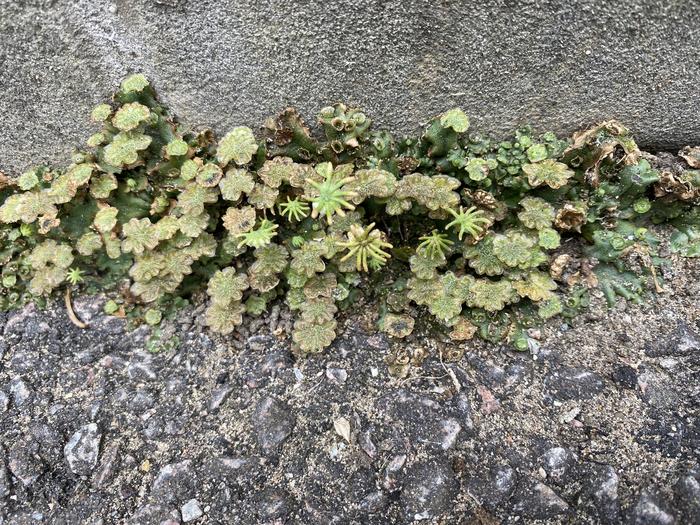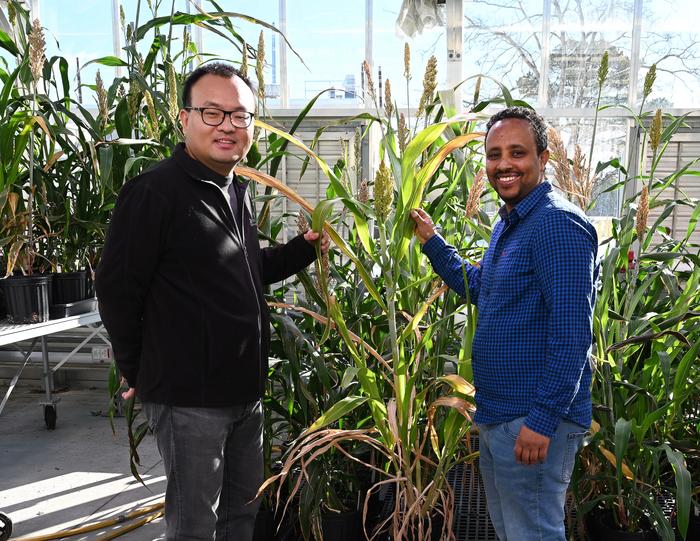The three most widely used neonicotinoid pesticides for flowering crops pose no risk to honeybee colonies when used correctly as seed treatments, according to new studies by University of Guelph researchers.
Amid mounting controversy over use of neonicotinoids (neonics) and declining bee populations, a new analysis by U of G scientists of previously unpublished studies and reports commissioned by agri-chemical companies Bayer and Syngenta — as well as published papers from the scientific literature — shows no significant ill effects on honeybee colonies from three common insecticides made by the companies.
The findings are described in five papers published by Keith Solomon, a toxicologist and emeritus professor with the School of Environmental Sciences and adjunct professor Gladys Stephenson in the Journal of Toxicology and Environmental Health-B. Acknowledging that these three pesticides can kill individual honeybees and may also pose a threat to other pollinators, Solomon said: “At least for honeybees, these products are not a major concern. Use of these neonics under good agricultural practices does not present a risk to honeybees at the level of the colony.”












